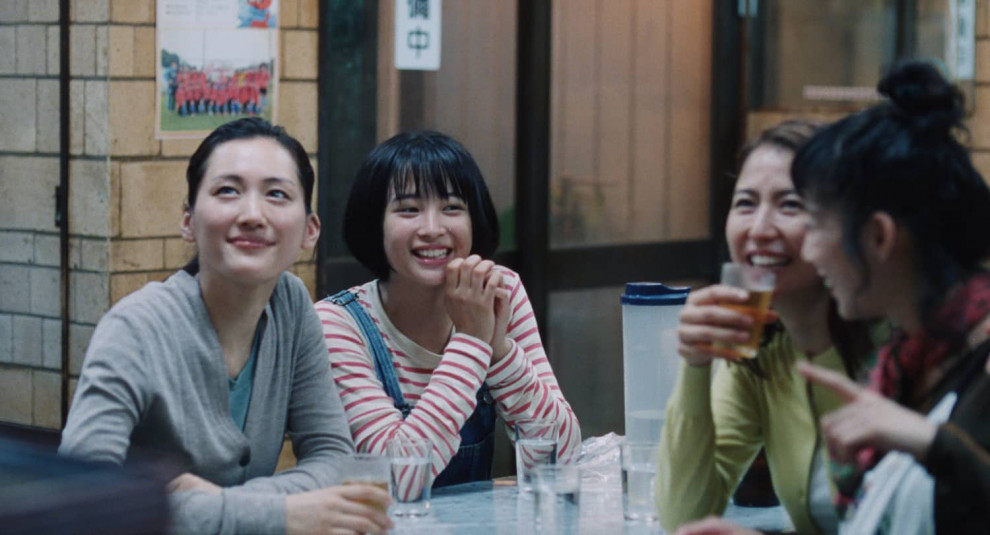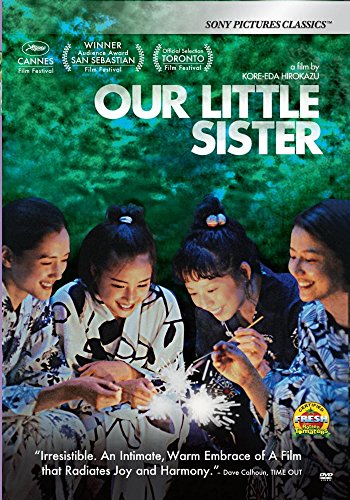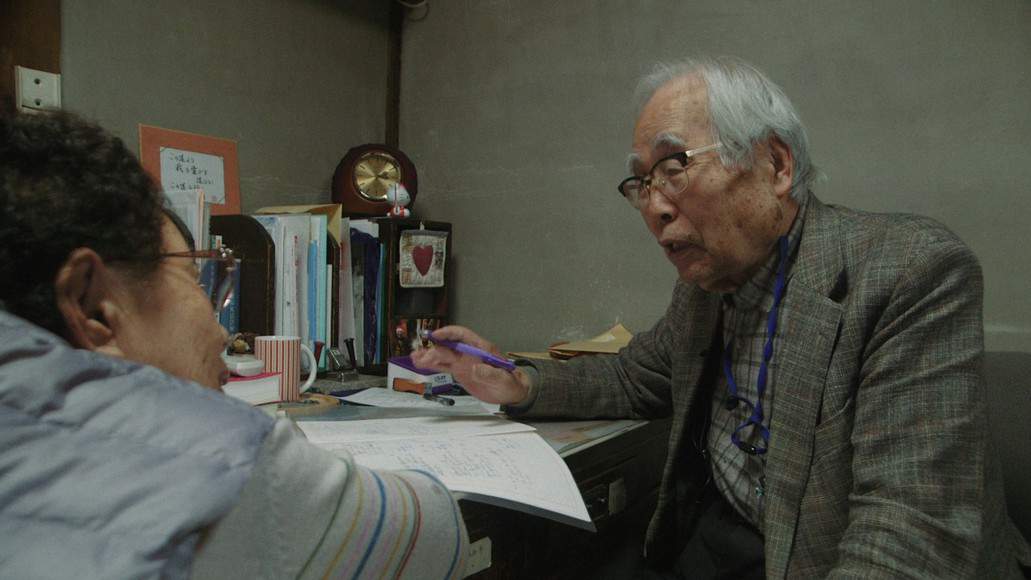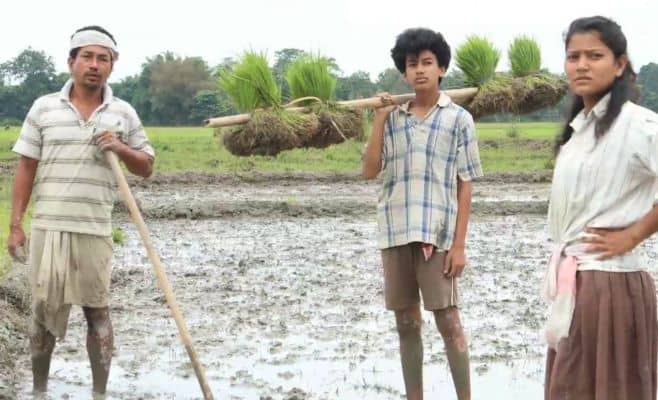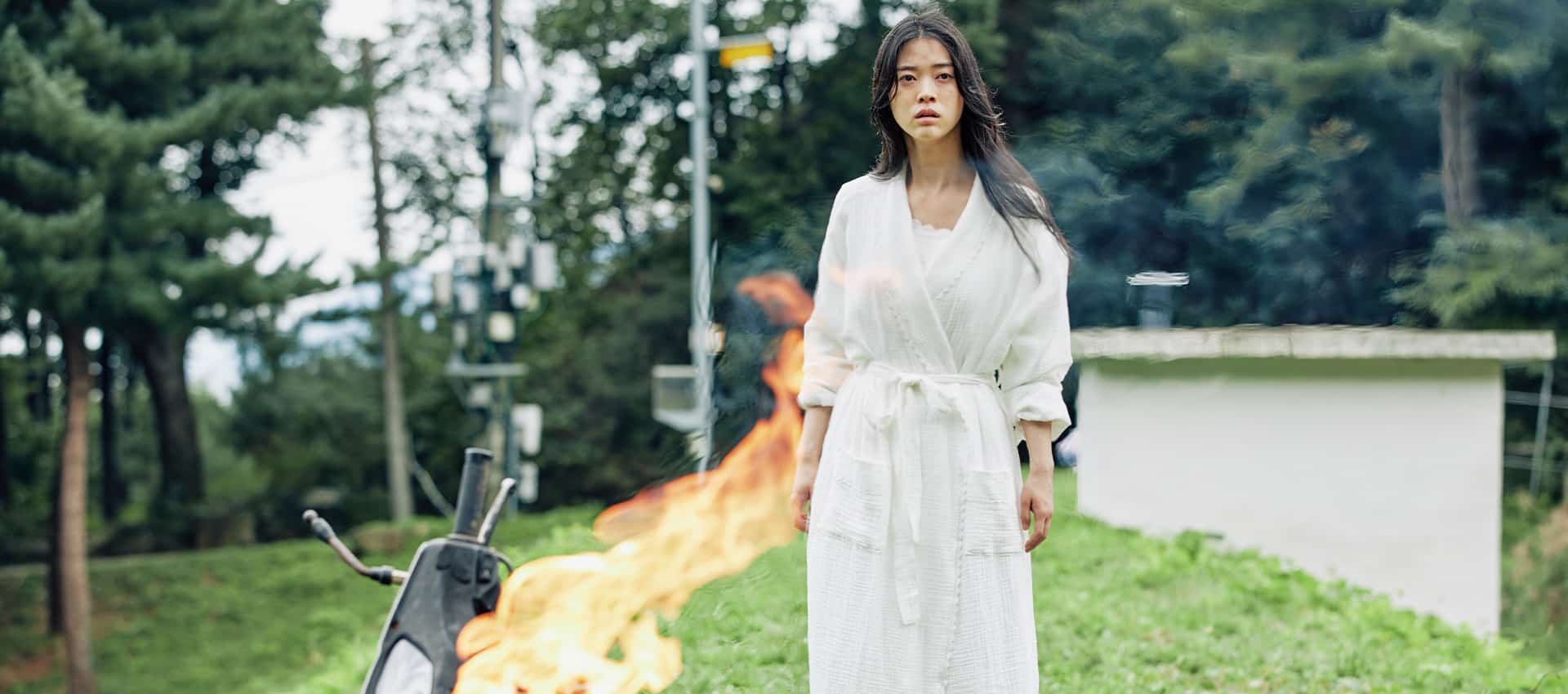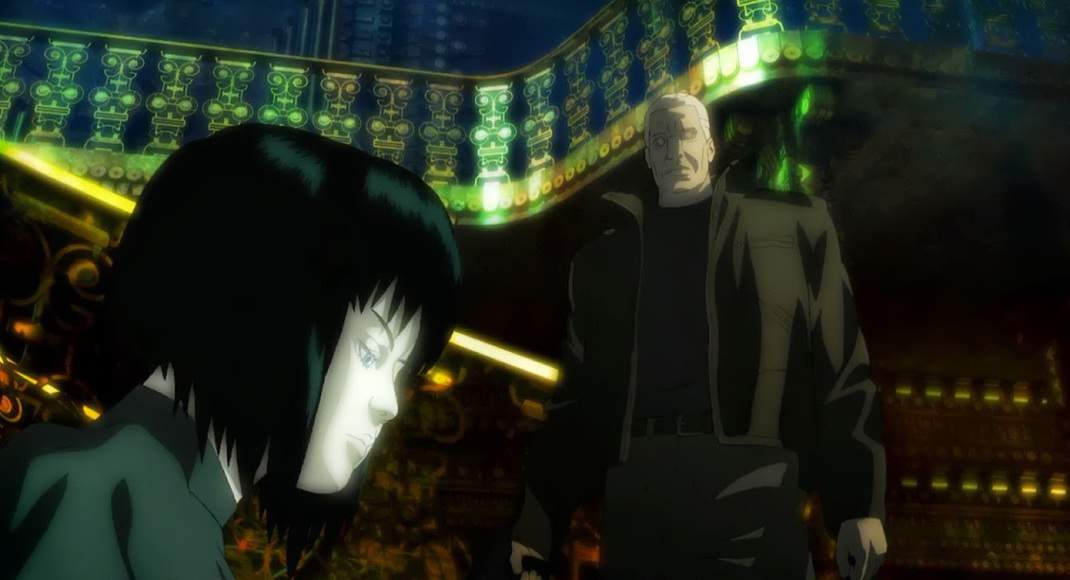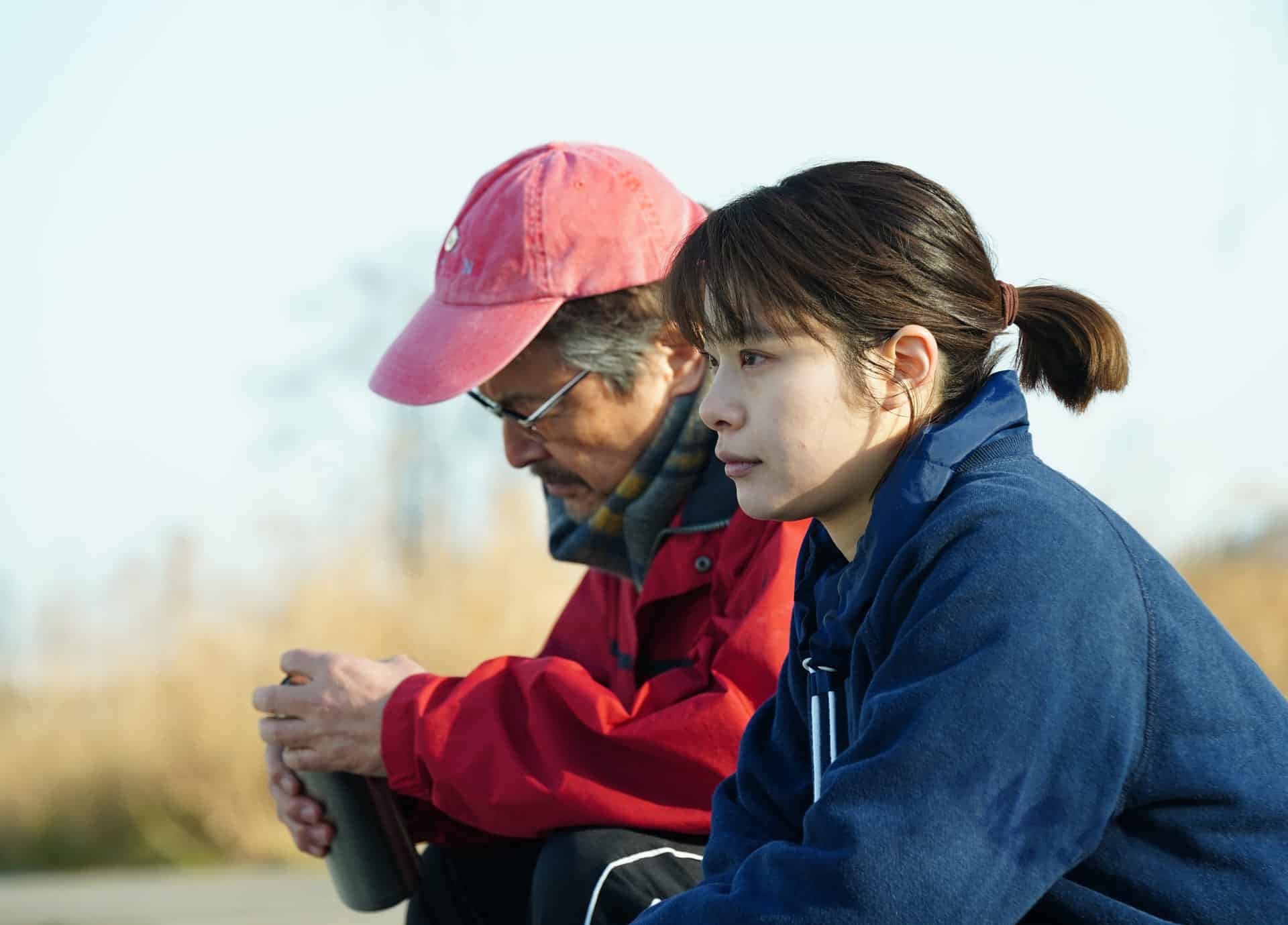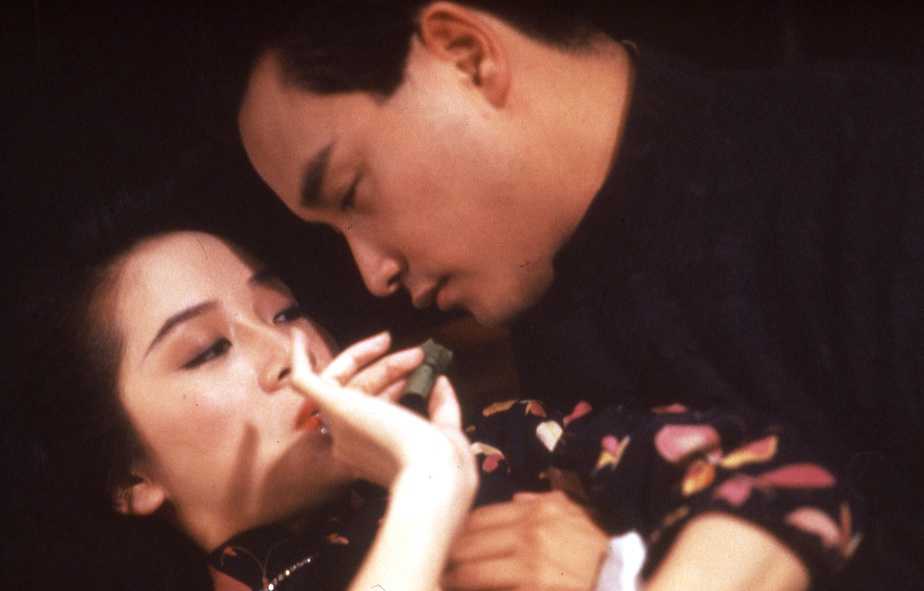Hirokazu Koreeda once more proved his prowess in the family drama genre, directing a film that is genuinely Japanese in its themes, motifs, pace and characters.
Buy This Title
Three sisters, Sachi, Yoshino and Chika live in a large house in Kamakura. When their estranged father dies, they travel to the country to attend his funeral. While there, they meet their adolescent half-sister, Suzu. A bond quickly forms and the three sisters invite her to live with them in Kamakura. She accepts immediately and gladly and the sisters begin their life together.
Koreeda focuses on the very different characters of the four sisters and the interaction between them, portraying their everyday lives, feelings and thoughts, and all the little moments that define the human nature. Sachi has the role of the mother and boss of the trio. However, her position is often contested by Yoshino, a white-collar bank worker, who is frequently drunk and has perpetual issues with men. Chika is a tomboy who works in a sports shop and is a football fan and Suzu is similar to her, a tomboy who loves playing football.
Although initially the relationship between the four seems wonderful, as the film progresses we see each has her own problems. Sachi's relationship with her mother is problematic and she also faces some troubles with the man she has an affair with. Yoshino does not seem to be able to find a decent boyfriend, and Suzu is reluctant to speak about her mother because she thinks the other hate her for stealing their father. However, as is usual in Koreeda's films, these key issues are generally implied through a few words or expressions, rather than made plain. For example, the fact that Sachi's character is similar to her mother's is highlighted by the way both of them caution the others to be careful not to slip when they are walking. The sole exception to this subtlety is Sachi's relationship with her mother, with the dysfunction being quite eloquent.
Koreeda tends to focus on feelings, attitudes and the general characters of his protagonists instead of specific incidents, and this style reaches its peak in this film. However, his attention to every detail in the presentation of its characters is also evident.
The sole flaw of the direction and the film in general, lies with its duration that exceeds two hours, with the story not being enough to support such length, and particularly due to some unjustifiable and tedious lagging in a few scenes.
One of the film's biggest assets is the strong performance of its cast. All of the actors in the movie seem to have adapted perfectly to the restrained style of acting Koreeda always demands from his actors. Haruka Ayase as Sachi and Masami Nagasawa as Yoshino have the most demanding parts, since they also have to present a number of tensions, which stray a bit from the permeating calmness and subtlety of the film. However, they both deliver in wonderful fashion.
Koreeda also included in the cast two of his favourite actors, Lily Franky, who plays a cafe owner, and Kirin Kiki, who actually steals the show at moments, as the bossy and nagging grandmother. Lastly, Shinichi Tsutsumi , one of the most accomplished supporting actors in the industry, plays the role of the doctor Sachi has a relationship with. Overall, the cast does a great job and is actually one of the biggest assets of the film.
Another star of the film is the wonderful seaside city of Kamakura, which is beautifully shot by Mikiya Takimoto, who also cooperated with Koreeda in “Like Father, Like Son”. Takimoto presents it in a rather detailed and lyrical fashion, actually including it in the protagonists of the film. The ending scene, which takes place in a beach, is a distinct specimen. Furthermore, the film entailed shootings in a plethora of surroundings and places, including a hospital, a football field, a restaurant, the country, and the actual house the sisters live in, in a rather detailed and demanding fashion that proves the hard work of the whole staff.


